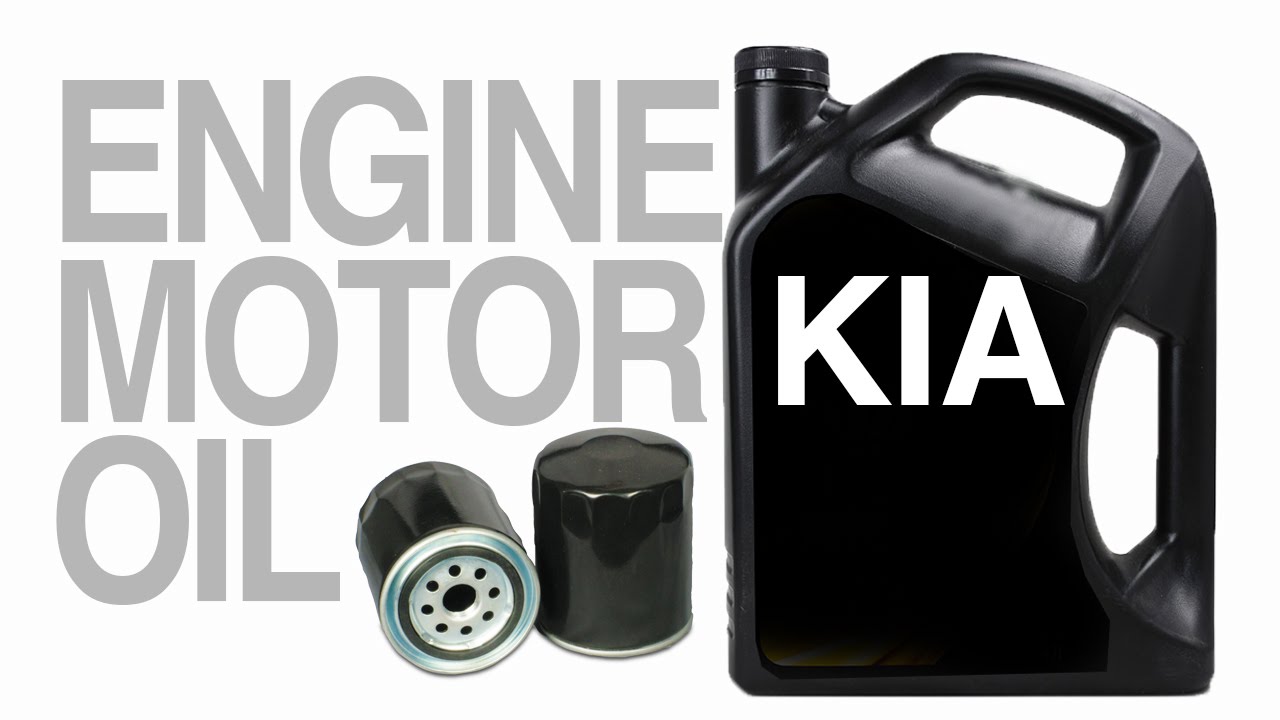What Kind Of Oil Does A 2015 Kia Soul Take

Selecting the correct engine oil for a 2015 Kia Soul is crucial for maintaining its performance, longevity, and fuel efficiency. The recommended oil type depends primarily on the engine under the hood: the 1.6L Gamma GDI engine or the 2.0L Nu MPI engine. Understanding the technical specifications, engineering considerations, and real-world impact of oil choice is paramount for automotive professionals.
Recommended Oil Specifications
For the 1.6L Gamma GDI engine, Kia typically recommends using SAE 5W-20 engine oil that meets or exceeds API SN or ILSAC GF-5 specifications. These specifications are critical. API (American Petroleum Institute) SN certification ensures the oil has passed specific tests for wear protection, deposit control, and oxidation resistance. ILSAC (International Lubricant Standardization and Approval Committee) GF-5, and subsequently GF-6, standards provide further assurances of fuel efficiency and engine protection.
The 2.0L Nu MPI engine, also commonly found in the 2015 Kia Soul, also recommends SAE 5W-20, adhering to the same API SN or ILSAC GF-5 (or GF-6) standards. The "5W" designation indicates the oil's viscosity at low temperatures, ensuring proper lubrication during cold starts. The "20" indicates the viscosity at high operating temperatures, maintaining adequate film strength to protect engine components under load.
Engineering Considerations and Viscosity Grade
Kia's engineering choice of 5W-20 reflects a balance between fuel economy and engine protection. Lower viscosity oils, like 5W-20, reduce internal engine friction, leading to improved fuel efficiency. However, a too-low viscosity can compromise the oil film thickness, increasing wear, especially in high-stress areas like the bearings and valve train. Kia engineers have determined that 5W-20 provides an optimal balance for these engines under typical operating conditions.
While 5W-20 is the primary recommendation, some automotive professionals might consider using 5W-30, especially in warmer climates or under severe operating conditions (e.g., frequent towing or stop-and-go driving). 5W-30 provides a slightly thicker oil film at higher temperatures, potentially offering enhanced protection against wear. However, using a higher viscosity oil can slightly reduce fuel economy. If considering 5W-30, ensure it still meets API SN or ILSAC GF-5 (or GF-6) standards.
Synthetic vs. Conventional Oil
Both synthetic and conventional oils can be used in the 2015 Kia Soul, provided they meet the specified viscosity and API/ILSAC standards. However, synthetic oils generally offer superior performance and protection. Synthetic oils have a more uniform molecular structure than conventional oils, resulting in better resistance to thermal breakdown, oxidation, and deposit formation. This translates to extended oil change intervals, improved engine cleanliness, and enhanced protection against wear, especially under demanding driving conditions.
Pros of Synthetic Oil: Superior wear protection, improved high-temperature performance, extended oil change intervals, enhanced engine cleanliness. Cons of Synthetic Oil: Higher initial cost.
Pros of Conventional Oil: Lower initial cost. Cons of Conventional Oil: Lower wear protection, reduced high-temperature performance, shorter oil change intervals, increased sludge buildup.
Real-World Performance and Reliability Aspects
Using the correct oil is critical for preventing common issues in the 2015 Kia Soul, such as oil consumption, timing chain wear (particularly in the GDI engine), and valve train noise. Regular oil changes, using high-quality oil and filters, are essential for maintaining engine health.
Factors influencing oil change frequency include driving habits, environmental conditions, and oil type. While Kia's recommended oil change interval is often around 7,500 miles, under severe driving conditions (e.g., frequent short trips, stop-and-go traffic, extreme temperatures), shorter intervals of 5,000 miles or less are recommended, especially when using conventional oil.
Maintenance Tips
- Always use an oil filter that meets or exceeds Kia's specifications.
- Check the oil level regularly, especially before long trips.
- Monitor the oil's condition and change it according to the recommended intervals or sooner if necessary.
- Consider oil analysis to assess the oil's condition and determine the optimal oil change interval.
- Address any oil leaks promptly to prevent engine damage.
Future Trends in Engine Oil Technology
The automotive industry is continuously evolving, with a focus on improving fuel efficiency, reducing emissions, and enhancing engine performance. Future trends in engine oil technology include the development of even lower viscosity oils (e.g., 0W-16, 0W-20) to further reduce friction, the use of advanced additives to improve wear protection and deposit control, and the adoption of bio-based and recycled oils to reduce environmental impact.
As engine designs become more complex, with features like turbocharging and direct injection becoming increasingly common, the demands on engine oil will continue to increase. Automotive professionals must stay informed about these evolving technologies and their impact on oil requirements to provide the best possible service to their customers.
Conclusion
Choosing the correct engine oil for a 2015 Kia Soul involves considering the engine type, driving conditions, and desired level of performance and protection. While 5W-20 meeting API SN or ILSAC GF-5 (or GF-6) standards is the recommended choice, understanding the pros and cons of different oil types and viscosities allows automotive professionals to tailor their recommendations to specific customer needs and operating conditions. Maintaining vigilance regarding oil changes and adopting a proactive approach to engine maintenance are essential for ensuring the longevity and reliability of the 2015 Kia Soul.
